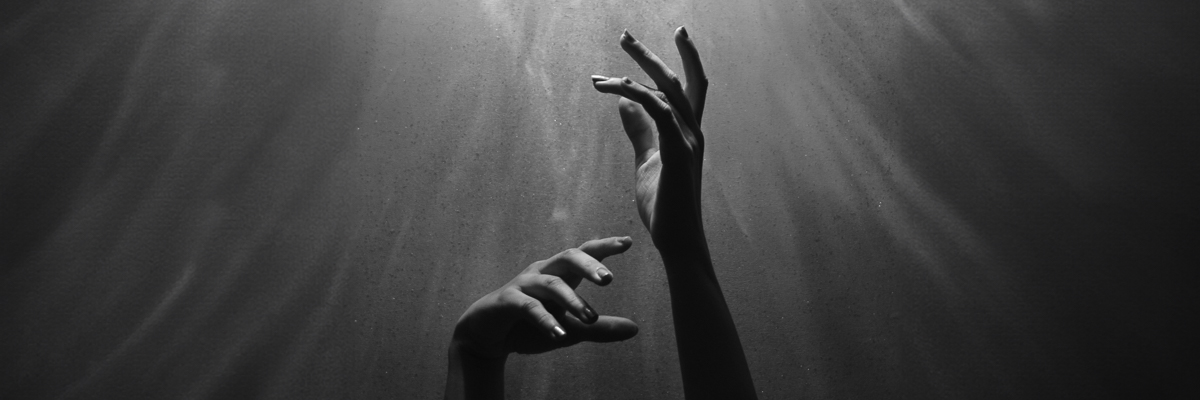
In this fall’s forthcoming issue of ONEING, Dr. Jacqui Lewis considers the rich historical tradition of dance in African American culture:
Enslaved Africans danced the Juba or the Hambone because they weren’t allowed drums on the plantations, and they used their hands and bodies to create sound, to ground themselves in their joy, which was resistance. Our people tap-danced, fusing Irish dancing, British clogging, and West African dance, making something new in their circumstances with old and new material, kind of like quilting. We danced the ring shout after picking cotton, until the Spirit hit us and reminded us we knew how to fly up into the sky. Black folks brought our dancing from Nigeria and Ghana and Trinidad and turned it into the Charleston….
No tragedy, no sorrow, no loss could stop the dance. Dancing was a place to meet God, a place to rehearse the freedom for which we prayed. Dancing with God as a partner was an act of prophetic resistance, a defiance of bondage, a tool for liberation.
Lewis describes how God sustained her Middle Collegiate Church community after a fire destroyed their sanctuary:
We were beat down with COVID, grief, and the excruciating pain of racial terror in our nation, but we knew God was able to do more than we could ask or imagine. We made it through because we kept our eyes on our partner. We kept our ears tuned in to the calling on our lives, and we knew—in our suffering—that our God did not cause it. We knew we could dance our way down to the site of fire every year and lay down our burdens because no God wants the suffering the fire caused, because no God who loves us would design our sorrow. We knew our partner could dance, could guide us through the difficult terrain. We only needed to lean on the everlasting arms….
We knew our dance partner’s intention for the world is for flourishing. We knew the fire was not caused by God, nor were the fires of racial injustice, the fires of economic disparity, and the fires in which gender, sexuality, religion, and age are reasons for oppression and violence….
Lewis emphasizes our partnership with God in the dance of creating a new world:
We need to choreograph new theological understandings of God. What if God is not organizing the universe on our behalf after all? What if God is instead watching, listening, and waiting—waiting for our choices, our decisions, our agency to make of the world and our lives what we want? What if God is not manipulating all the things, but yearns for our partnership? What if God wants us to dance with them?
And what if God is willing to follow our lead? What would life be like and how would we navigate hot-mess times if we felt our own power to shape the world?
Reference:
Jacqueline J. Lewis, “What If We Dance? Prophetic Theology for Hot-Mess Times,” Oneing 12, no. 2, The Path of the Prophet (Fall 2024): 59–60, 61. Soon available in print and PDF download.
Image credit and inspiration: Nah, Untitled (detail), 2018, photo, Iran, Unsplash. Click here to enlarge image. Dancing with a Divine Partner is an intuitive dance: step by step we learn when to take initiative and when to receive, when to sway, when to breathe, when to pause.
Story from Our Community:
James Finley’s meditation “Moment of Divine Fire” affected me profoundly. For many years, I have felt blind to God’s constant oneness, hidden deep inside my being. I had glimpses of God during difficult times, embedded in play, art, and music. Baseball, fishing, listening to Mozart’s Requiem, Leonard Cohen’s Anthem, Pink Floyd’s Brain Damage, and gazing at Van Gogh’s Olive Trees were moments of deep stirring that often brought me to tears. I now value these moments as mystical experiences. In those moments of transcendence, I felt clarity that life is hard but beautiful, and that I am imperfect, but I am seen, heard, loved. Thank you for helping me see the Divine moments that have always been present in my ordinary life.
—Brad R.




